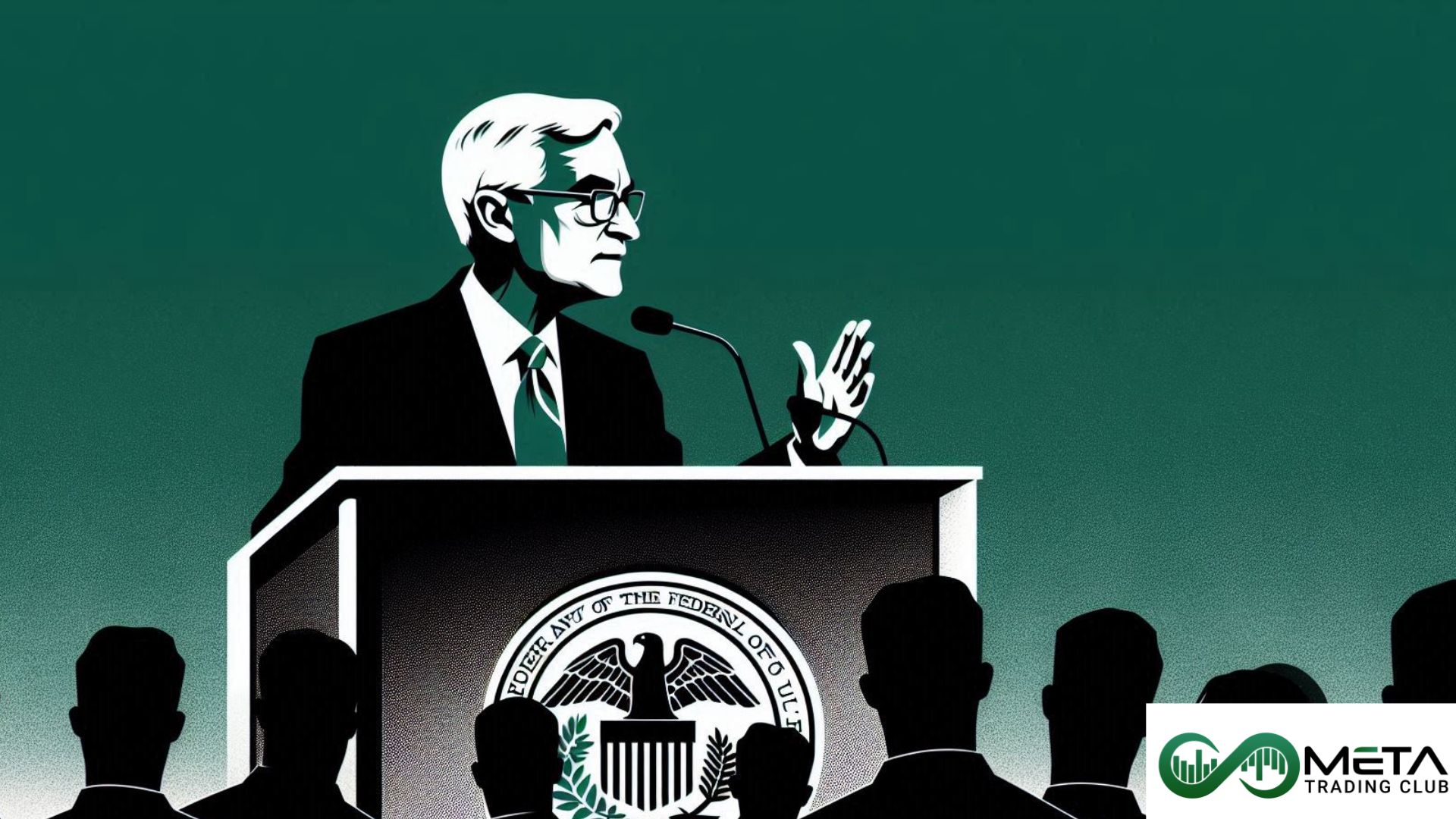Federal Reserve Chair Jerome Powell spoke today at the National Association for Business Economics (NABE) Annual Meeting in Nashville.
The National Association for Business Economics (NABE) is a professional association for business economists and others who use economics in the workplace. Founded in 1959, NABE provides a platform for economic professionals to share knowledge, discuss economic issues, and network with peers.
NABE hosts several conferences and events throughout the year, including the Annual Meeting, Economic Policy Conference, and Industry Conferences. Also, NABE publishes various reports and surveys, such as the NABE Outlook Survey and the NABE Business Conditions Survey, which provide insights into economic trends and business conditions.
During his speech, Powell discussed the current state of the U.S. economy, highlighting that it remains in “solid shape.” He also indicated that more interest rate cuts could be expected if the economy continues to evolve as anticipated.
Key Points of Powell’s Speech
Economic Outlook: Powell emphasized that the U.S. economy remains in solid shape, with steady growth and low unemployment. He mentioned that the labor market is solid but cooling and inflation has eased. Chair Powell said the economy is strong overall.
Inflation: He noted that inflation is still above the Fed’s 2% target but is showing signs of moderating. Meanwhile, core service inflation is close to pre-pandemic level. He added that the Fed has greater confidence on a sustainable path to 2% inflation. Also, he indicated that housing inflation continues to decline but sluggishly.
Interest Rates: Powell indicated that the Fed is prepared to cut interest rates further if economic conditions warrant it, aiming to support continued growth and manage inflation. He said “we are not in a hurry to cut rates quickly, we’ll be guided by data”.
Labor Market: He highlighted the strength of the labor market, with robust job creation and wage growth. Also, he added that real wages
Global Risks: Powell mentioned ongoing global economic uncertainties, including geopolitical tensions and trade issues, which could impact the U.S. economy.
Monetary Policy: He reiterated the Fed’s commitment to using all available tools to support the economy and ensure maximum employment and price stability. Also, he said that if the economy evolves as expected, policy will move to a more natural stance.
Financial Stability: Powell discussed the importance of maintaining financial stability and monitoring potential risks in the financial system.
Future Guidance: He provided some forward guidance, indicating that the Fed will continue to be data-dependent and responsive to changing economic conditions. The Fed will make decisions, meeting by meeting based on data coming.
Hurricane: Powell noted that the Fed is encouraging bankers to work with customers affected by hurricanes.













